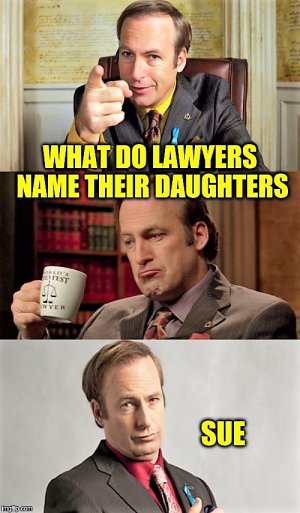We are 4 years in - a lot of players receiving NIL may still be in college and getting a paycheck. And all of them are still attending school so unless they just drop out - they still have a fall back plan. If you think 18–22-year-olds will fare better at handling lots of money and attention given to them quickly any better than those who win large sums with the lottery - I don't know what to tell you.
Some, the ones that will progress to the NFL will get a new stream of money - but many will not - and that first job that most of them will get outside of their sport will not be in the same salary range. And for many the dollars associated with their "true NIL worth" will decline rapidly when they are no longer connected to the program and in the public's eye. Granted some may be able to transform into an influencer - but that will the exception not the norm.
Focus is typically on the Nicos, Archies, etc. of the world - but this will give significant dollars to a no-name player for a short period of time. It is really only certain players that benefit from NIL such that they can parlay that into something that is maintainable after their playing days are over. For others - they are going pro in something else and after they have left the field of play - there will be no avenue to keep the money stream going unless they obtain the skills and put in the effort to make that happen.
For "most" of the players this contract and NIL is not about a lifetime job or source of income - but a way to get quick money for a very short period of time.




